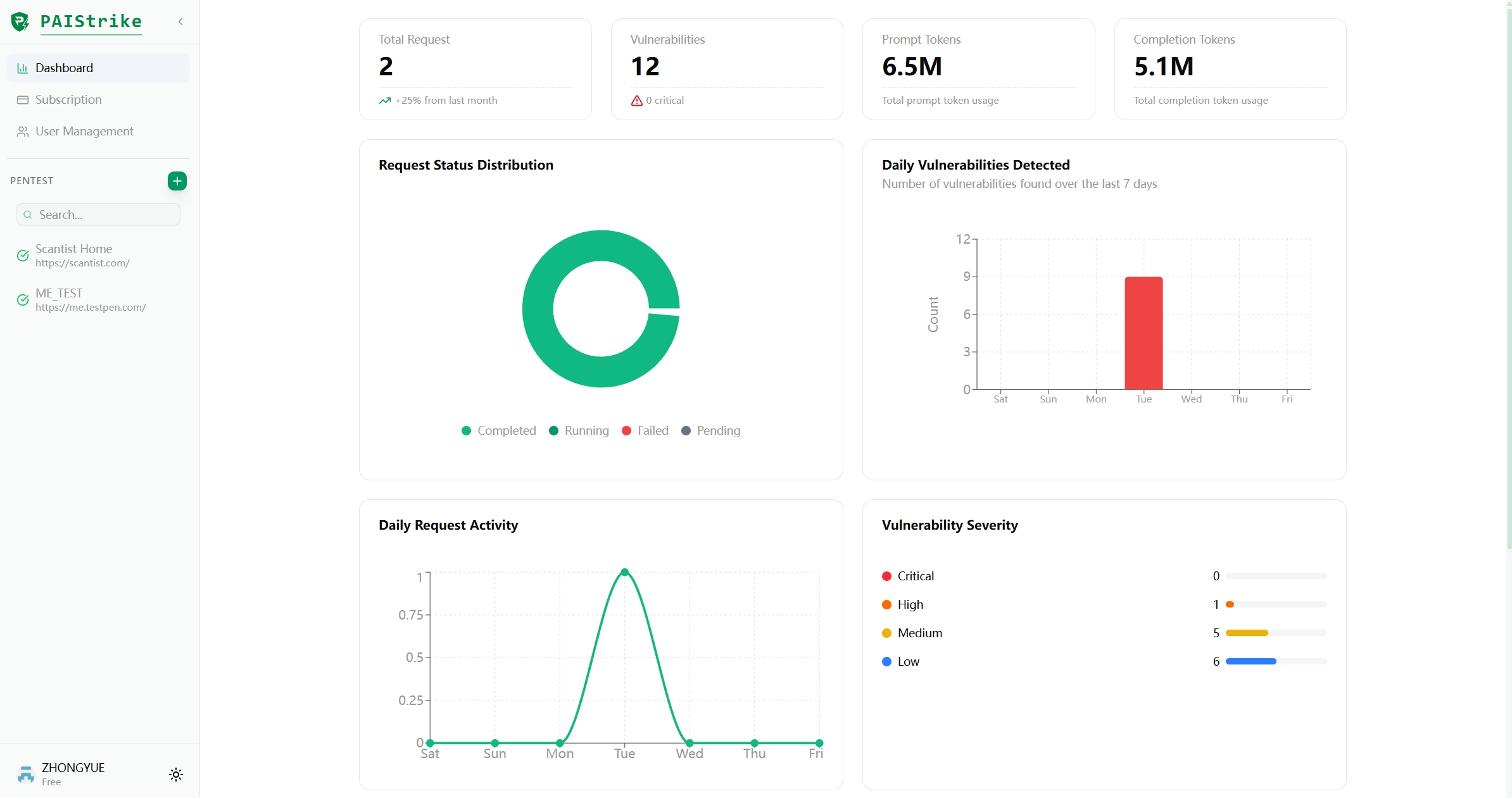In today's rapidly evolving digital landscape, cybersecurity is no longer a luxury reserved for large corporations. Small and medium-sized enterprises (SMEs) across various sectors, from app developers to fintech startups, are increasingly finding themselves in the crosshairs of cyber threats. Yet, many lack the resources, expertise, and tools to effectively protect themselves. This is where DevSecOps – the integration of security practices into the software development lifecycle – becomes crucial.
DevSecOpsAgent: Simplifying Cybersecurity for SMEs
At Scantist, we've observed firsthand the challenges SMEs face in implementing robust cybersecurity measures. Limited budgets, insufficient domain knowledge, and the complexity of compliance standards often leave these businesses vulnerable. That's why we're championing a new approach: DevSecOpsAgent.
DevSecOpsAgent is an AI-powered solution that democratizes cybersecurity for SMEs. By generating customizable, compliance-focused CI/CD templates, it simplifies the integration of security practices into development workflows. This innovative system translates complex government and industry requirements into user-friendly, reusable templates – think of it as building with Lego bricks, but for cybersecurity.
The beauty of DevSecOpsAgent lies in its flexibility. With cross-platform compatibility, it seamlessly integrates with popular CI/CD platforms like GitLab, Jenkins, and CircleCI. This means SMEs can enhance their security posture without overhauling their existing tools and processes.
DevSecOpsAgent: Leading the Shift-Left Movement in Cybersecurity
But DevSecOpsAgent is more than just a tool – it's a paradigm shift. It embodies the "shift-left" approach, where security is baked into the development process from the start, rather than tacked on as an afterthought. This proactive stance is critical in today's fast-paced digital environment, where new threats emerge daily.
The potential impact of this approach is substantial. With the global DevSecOps market projected to reach US$32.4 billion by 2030, solutions like DevSecOpsAgent are poised to play a pivotal role in shaping the future of cybersecurity for SMEs.
At Scantist, we're committed to making this future a reality. Our application security platform, which seamlessly integrates into DevSecOps workflows, has already garnered recognition from Singapore's IMDA (Infocomm Media Development Authority) and CSA (Cyber Security Agency of Singapore). We've received the CSA Cybercall Innovation Award in both 2020 and 2023 for our advancements in AI-enabled security frameworks and securing open-source supply chains.
Empowering SMEs with Enterprise-Grade Cybersecurity
As we look to the future, we envision a world where every SME, regardless of size or sector, has access to enterprise-grade cybersecurity. With DevSecOpsAgent and solutions like it, we're not just protecting businesses – we're empowering them to innovate with confidence in the digital age.
The path to robust cybersecurity may seem daunting for SMEs, but it doesn't have to be. By embracing DevSecOps and leveraging AI-powered solutions, these businesses can build a strong security foundation that grows with them. In doing so, they're not just safeguarding their own futures, but contributing to a more secure digital ecosystem for all.




